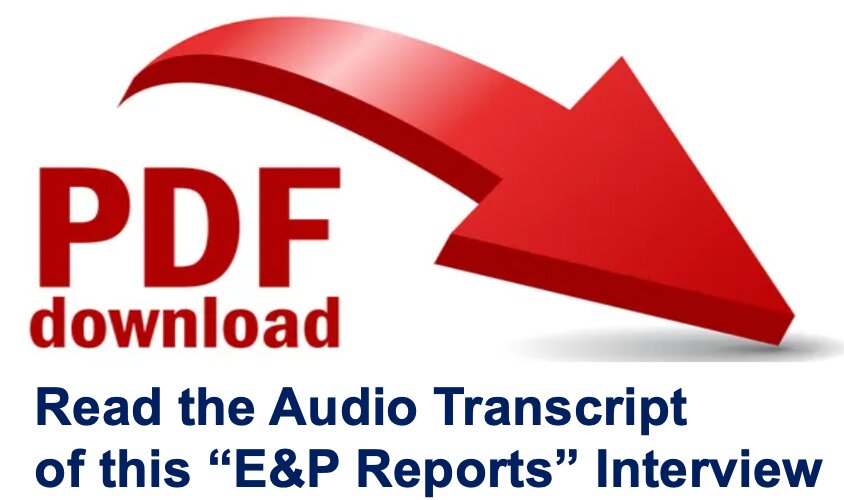In this exclusive interview with E&P, prominent American journalist, Guardian columnist and media critic Margaret Sullivan discusses the current leadership turmoil at The Washington Post, highlighting Jeff Bezos’ decision to hire Will Lewis as the new publisher and the controversies surrounding his tenure. Sullivan also emphasizes her reshaping her Substack newsletter, “American Crisis,” to address the critical role of the media in informing the public and safeguarding democracy, particularly in the context of the upcoming 2024 election.
Leadership turmoil at The Washington Post
Sullivan highlighted the controversy surrounding Lewis’s appointment and his plans for The Post. “Will Lewis says he’s going to start something called what he refers to as a third newsroom, which is really bizarre. Because if there’s a third newsroom, that suggests that there have been two newsrooms before, and there really weren’t,” she said, adding that this move has led to significant turmoil within the organization. Furthermore, she pointed out that Lewis attempted to suppress stories about his involvement in the phone hacking scandal in Britain, further damaging his credibility.
The impact on The Washington Post’s brand
When asked about the impact of these developments on the Post’s brand, given the already low credibility ratings of news publishers, Sullivan responded, “It’s not good for the brand, particularly because The Washington Post has always been about holding powerful people and institutions accountable. So, when this happens, it sort of cuts into the whole idea of what The Washington Post is.” She emphasized the need for media organizations to innovate while maintaining their core mission — noting that while Bezos could financially withstand losses, it’s not in the nature of billionaires to tolerate them.
Shifting focus: Sullivan’s Substack newsletter, “American Crisis”
Speaking about her current work and her perspective on the role of media in supporting American democracy, Sullivan acknowledged the deep-seated challenges but maintained a hopeful stance on the importance of the media’s role. She mentioned her recent focus on reshaping her Substack newsletter, “American Crisis,” to address these issues more directly. “We all need to do what we can to ensure American democracy survives in 2025 and beyond. For journalism, that means making sure voters know what the consequences are. Many Americans seem misinformed or underinformed right now,” she stated. This re-shifting of her newsletter is aimed at highlighting the media’s role in informing the public and safeguarding democracy.
Public editors and accountability
Reflecting on her past role as the public editor at The New York Times, Sullivan discussed the unique responsibilities and influence of such positions. She lamented the decline of public editors and ombudsmen in the media industry but recognized the reasons behind their diminishing presence. “I think we have to be a little bit realistic. I don’t think, in general, public editors and ombudsmen are coming back. I’d be surprised; although I really think the Washington Post could use one right now,” she said. Sullivan underscored the importance of having someone within a media organization who can address reader complaints and provide accountability, which social media criticism alone cannot achieve.
Objectivity and fairness in journalism
Sullivan elaborated on the fallacy of objectivity in journalism — advocating for fairness and accuracy over strict objectivity. “I think we need to bring impartiality, independence and non-partisanship to our reporting. That it’s similar in a way to going into a courtroom, and you sure hope that the judge will be impartial and look at things with a fair-minded idea,” she explained. She stressed the need to avoid false equivalency and focus on factual reporting, particularly in critical issues like climate change.
Upholding journalism’s foundational principles
In concluding the interview, Sullivan reiterated the critical role of journalism in a functioning democracy and the need for media organizations to adapt while upholding their foundational principles. Her efforts to reshape her Substack newsletter, “American Crisis,” reflect her commitment to addressing the misinformation and underinformation plaguing the public. Sullivan’s insights offer a compelling perspective on the current challenges in the media landscape and the ongoing struggle to maintain credibility and accountability in an era of rapid change and widespread misinformation.
 |
 |
Comments
No comments on this item Please log in to comment by clicking here